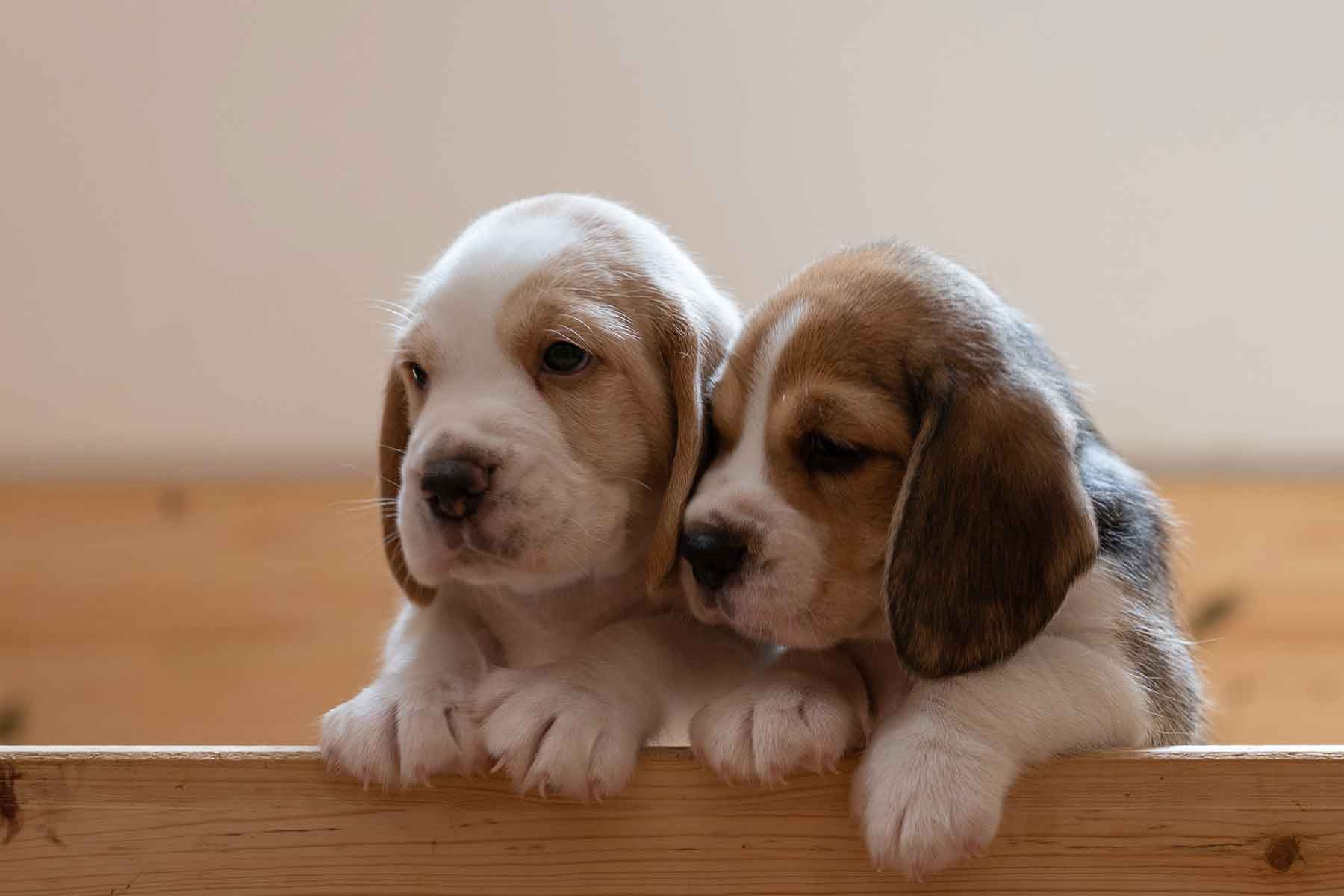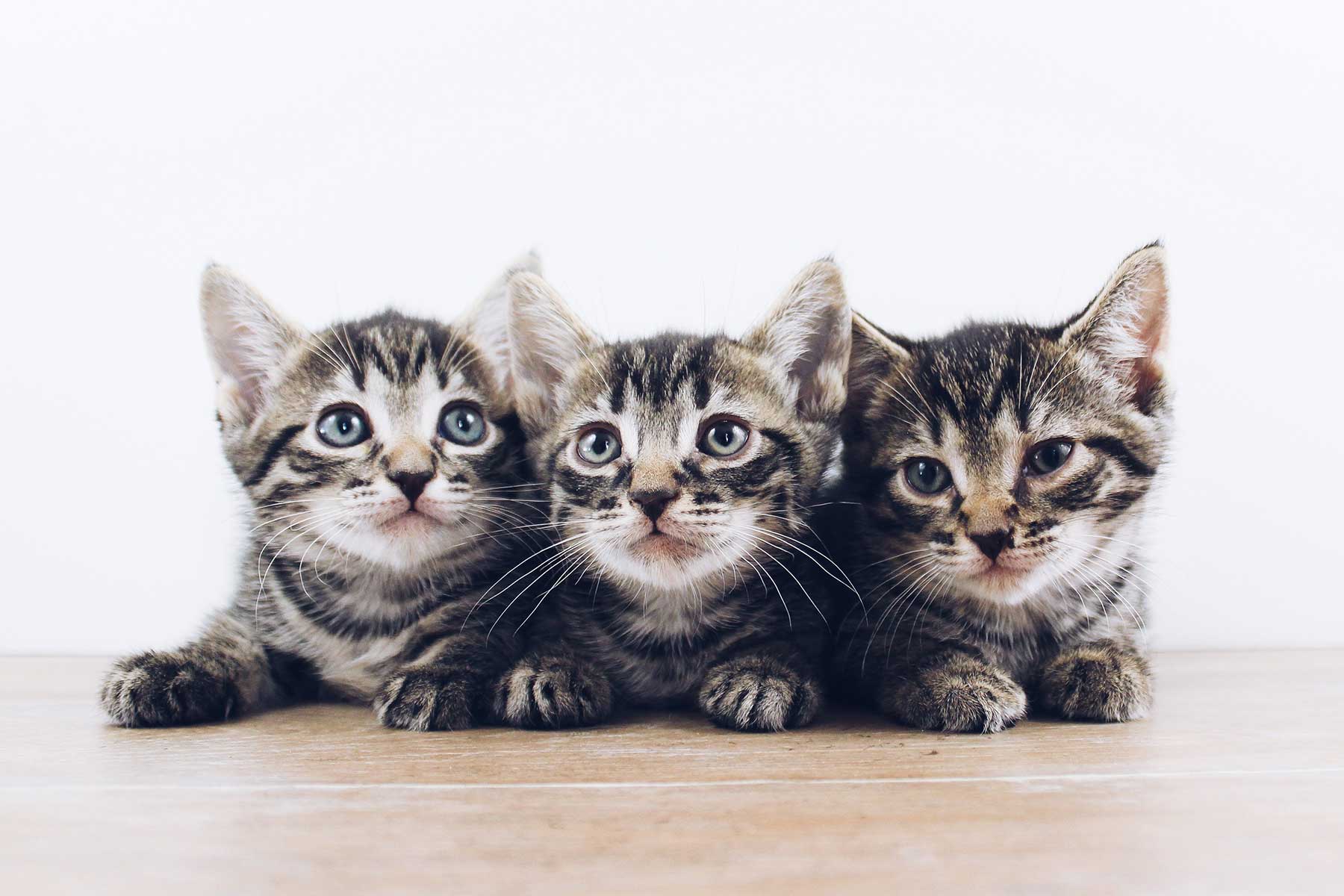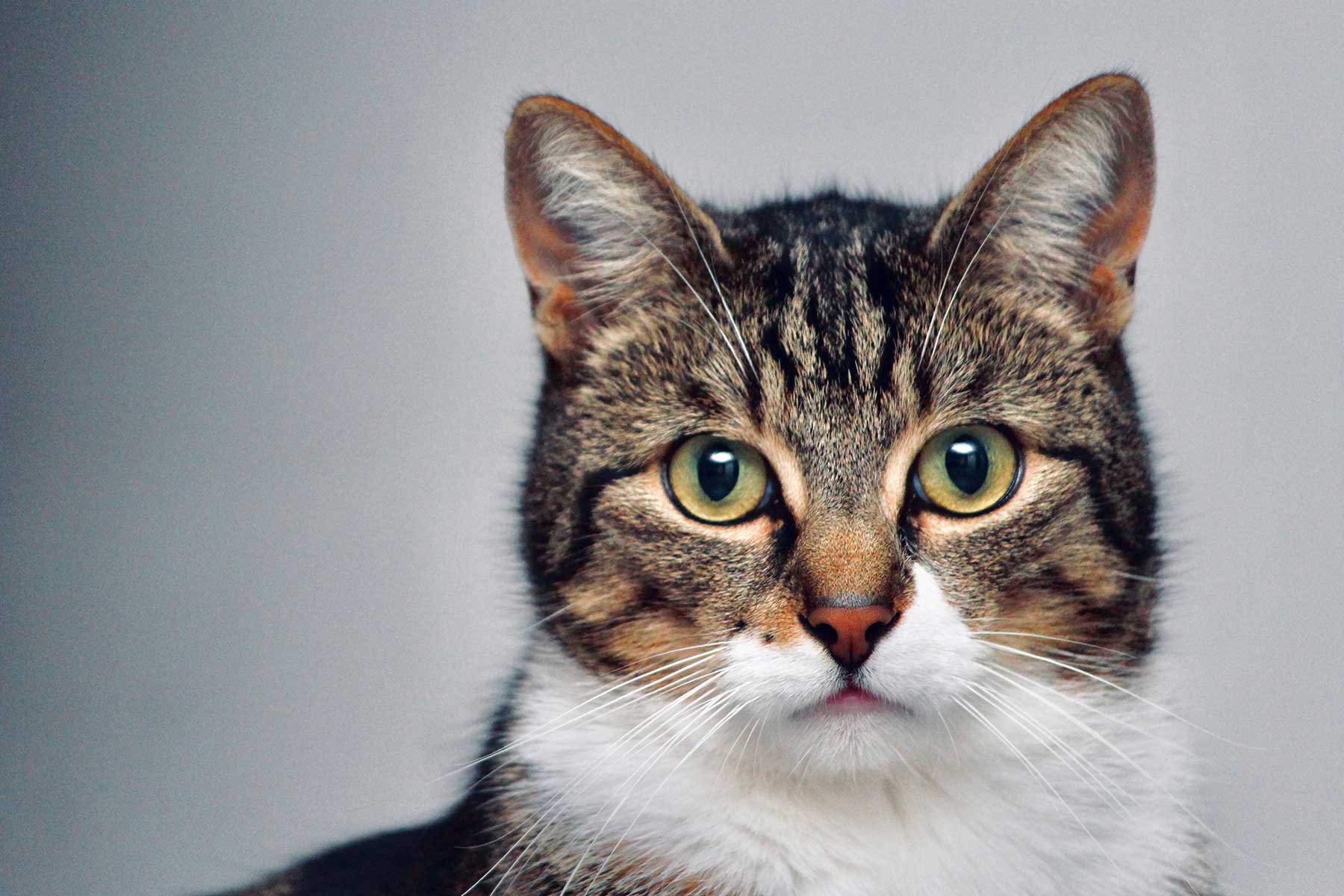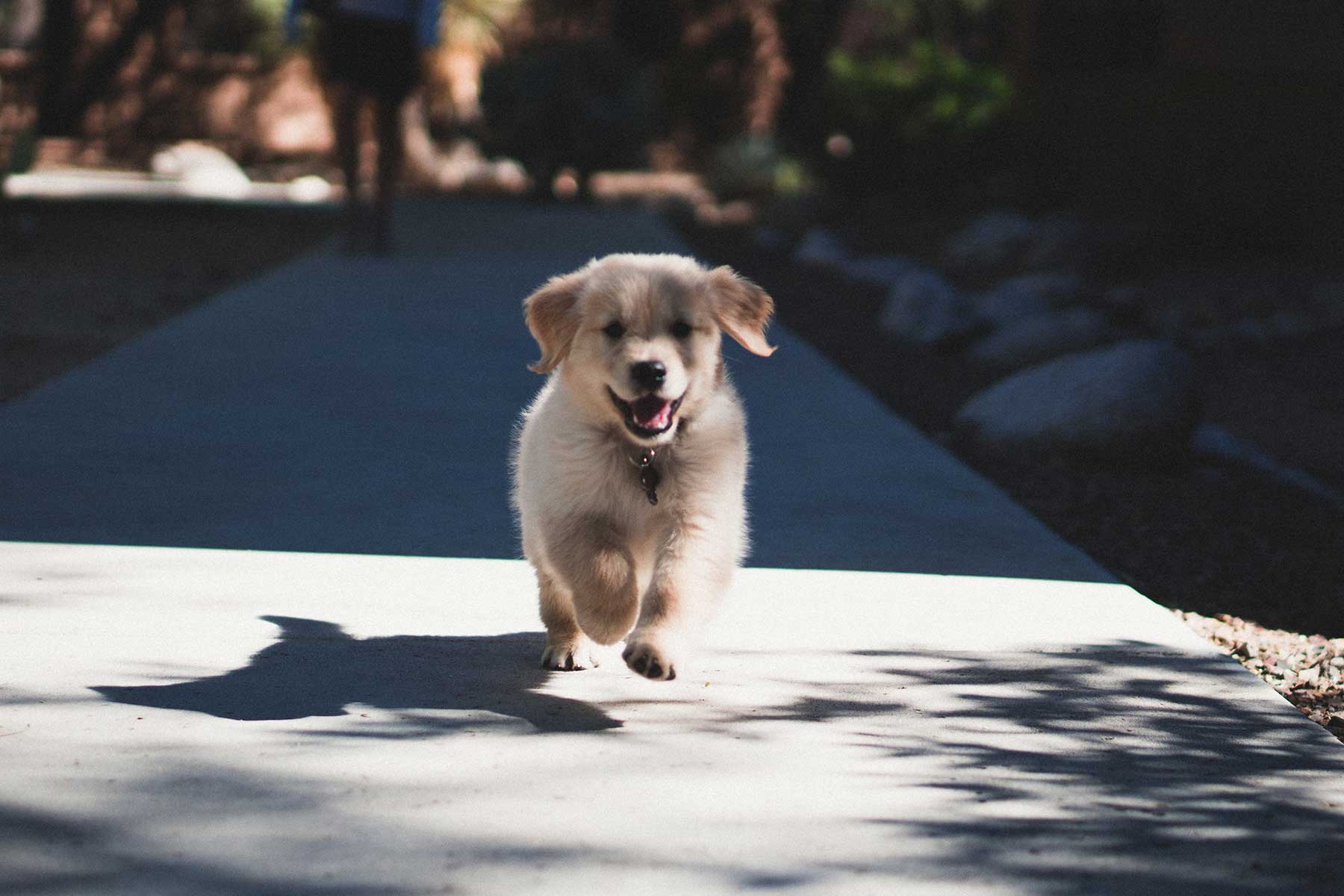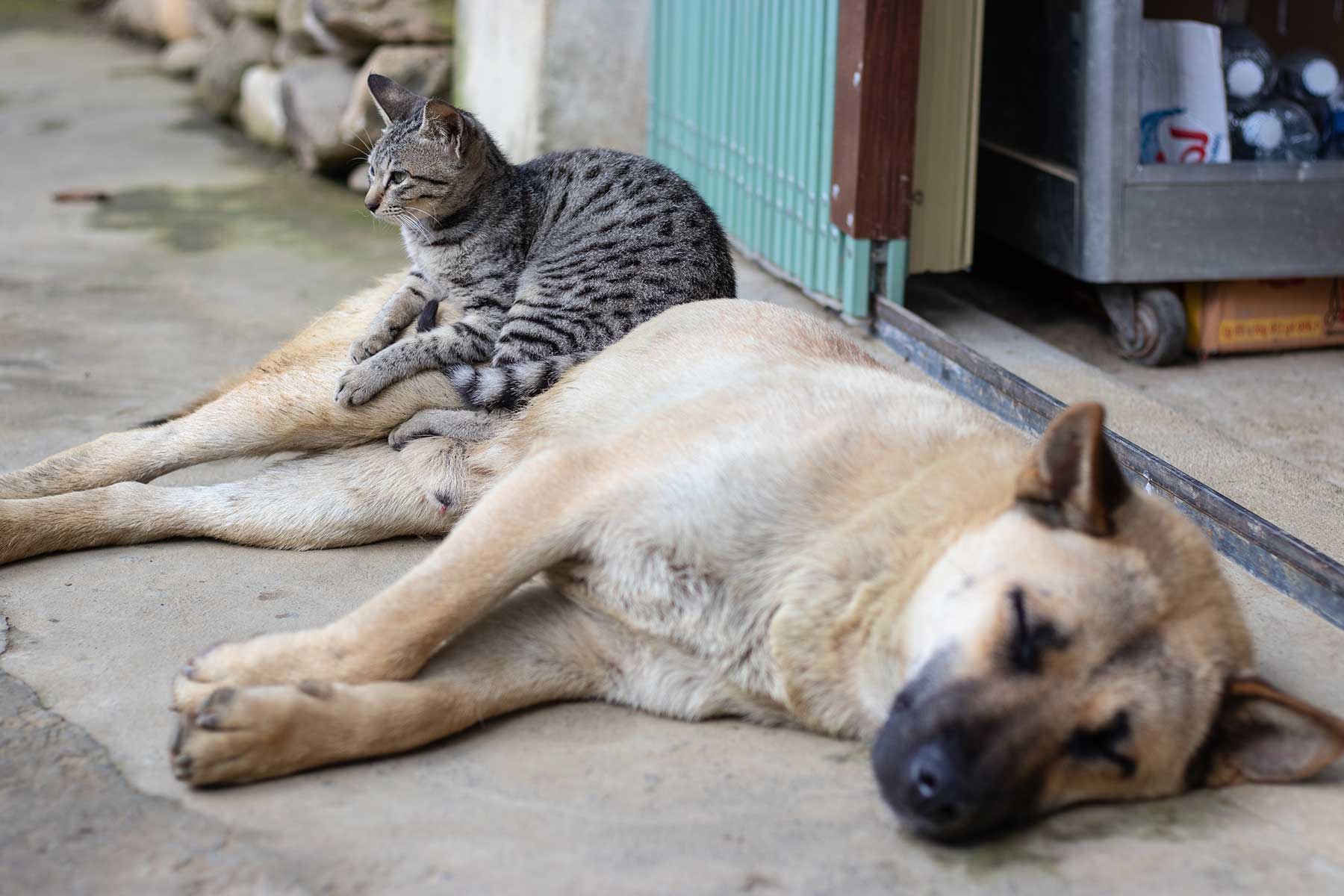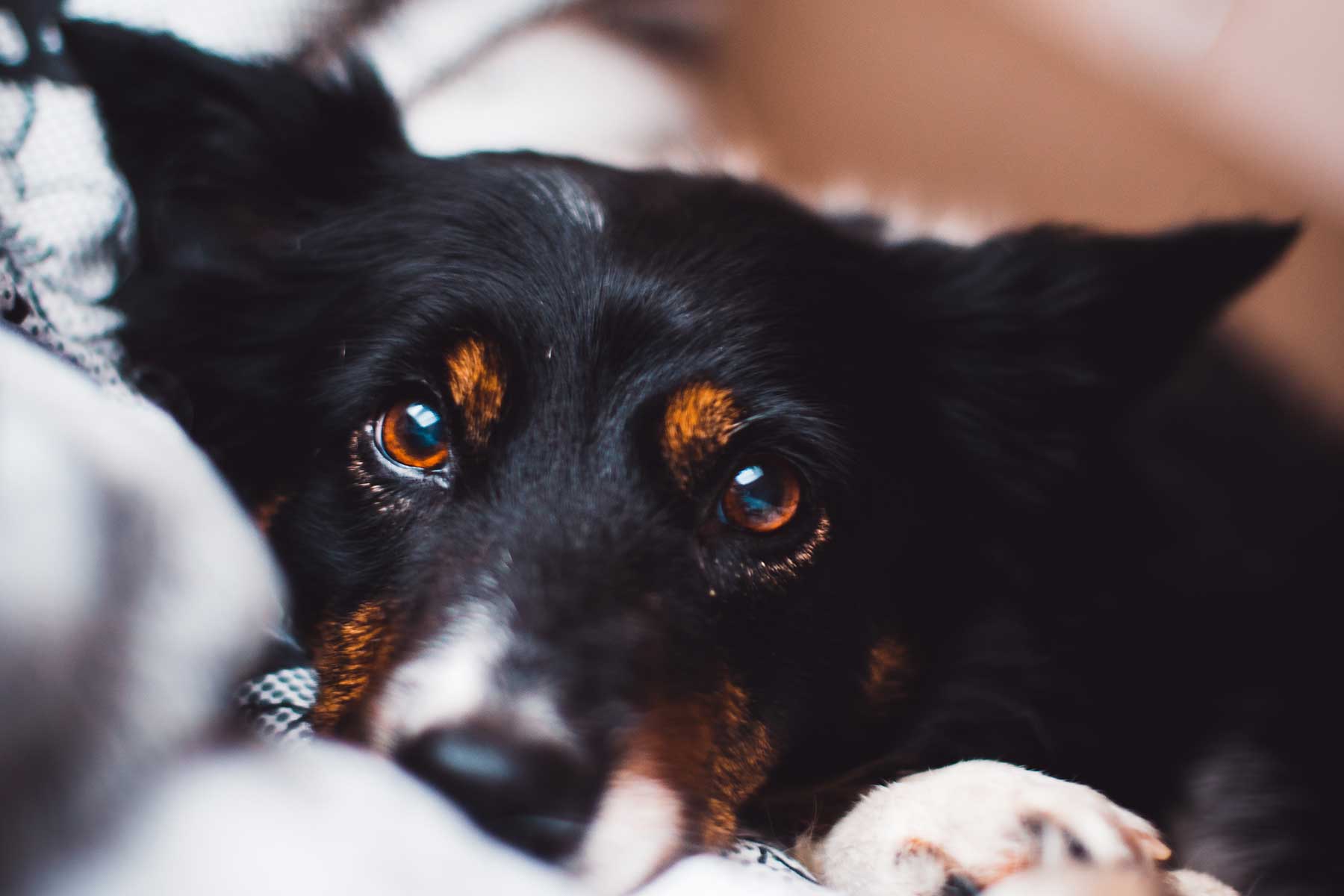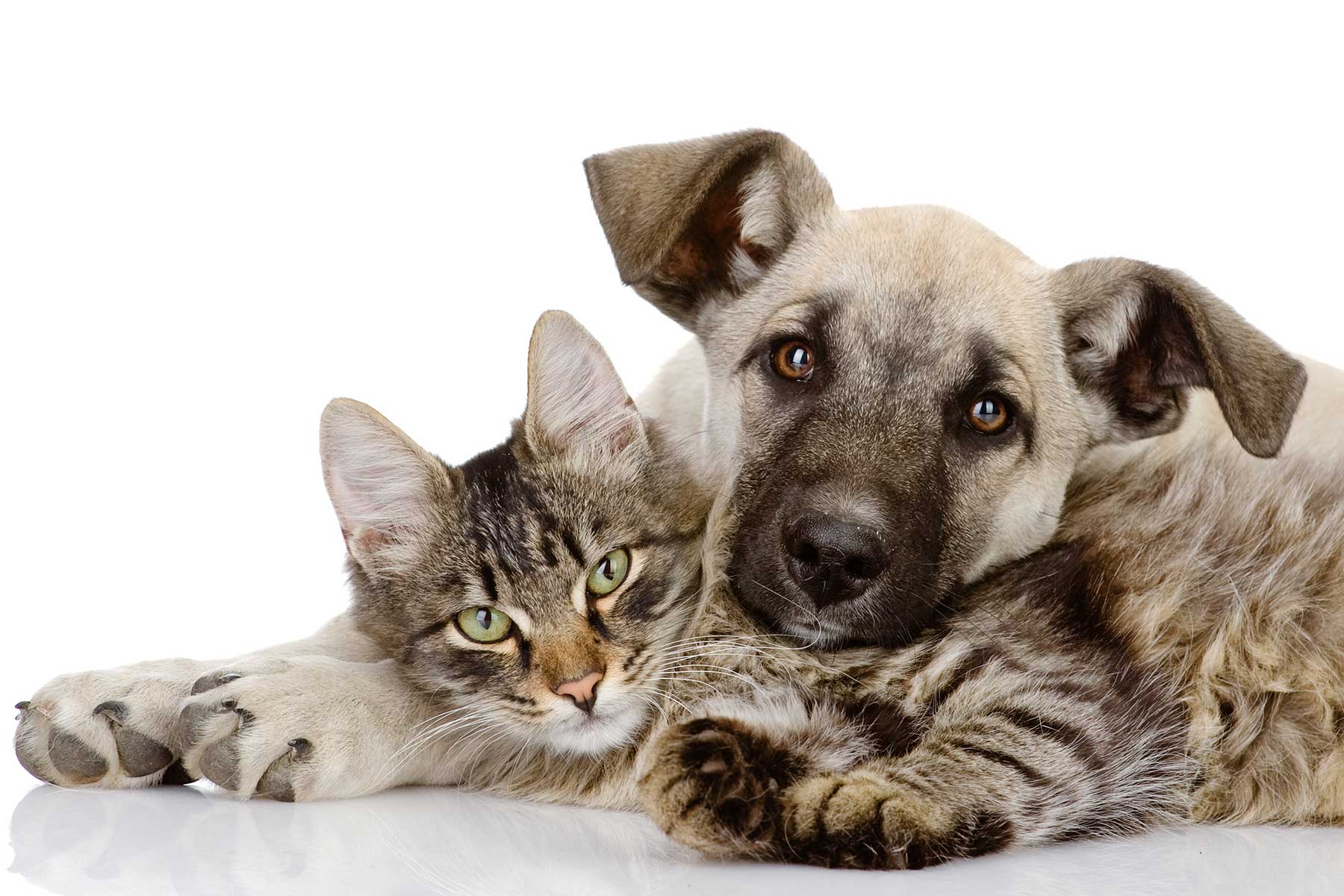How long does pregnancy last?
Pregnancy (or the gestation period) lasts for 58 to 63 days in queens. Individual cats may vary but you should inform your veterinarian if your queen’s pregnancy exceeds 64 days.
What should you feed her during pregnancy?
During pregnancy your queen should be on a well balanced diet. We recommend a good quality, commercially prepared dry food. It is not necessary, and can be dangerous, to supplement her diet with extra calcium or vitamins, provided that her diet is complete.
As the pregnancy advances the growing kittens will occupy more and more space in the abdomen. Her food consumption may double, however, she will not be able to eat as much in one meal. Therefore, it is best to offer her smaller, more frequent meals.
How will you know if she is pregnant?
Your veterinarian can often detect pregnancy by abdominal palpation between weeks 4 and 5, however, diagnosis may be difficult if your cat is nervous, tense or overweight. Pregnancy can also be detected by an ultrasound.
You may also notice increased body weight and abdominal enlargement, reddening and enlargement of the mammary glands and the production of milk.
What are the signs of labour?
About 24 hours prior to going into labour your cat may become restless, uninterested in food and begin making a “nest”. Her vulva may be swollen and have a clear mucous discharge.
Abdominal contractions will then commence, the queen will strain and the first kitten should be born within 1 to 2 hours. The placental membrane often ruptures (“breaking of the waters”) prior to the kitten being born but is not always the case and some kittens are born completely covered in their membranes.
Will my cat remove these membranes?
The queen will usually remove these membranes and sever the umbilical cord. If she becomes tired, or is inexperienced and fails to do so, you can gently tear the membrane from the kitten’s nose and mouth. Immediately following the removal of the membrane the kitten should start breathing, move around and find a nipple and begin suckling.
How long will it be between kittens?
Cats usually rest between kittens and the time can range from fifteen minutes to an hour. After giving birth your cat will settle down, her breathing will become calm and she should be kept quiet to feed and clean her kittens.
Seeking veterinary advice
You should seek veterinary advice at any stage of your cat’s pregnancy, labour or after giving birth if you are at all concerned about her or her kitten’s well-being.
Approximately 40% of kittens are born tail first (breech birth). This is perfectly normal.
Please contact your veterinarian for advice should any of the following occur:
- Your cat’s gestation period lasts more than 64 days without the onset of labour.
- Half an hour has elapsed since the onset of abdominal contractions and a kitten has not been born yet.
- Half an hour has elapsed after the birth of a kitten, your cat is still having strong contractions and there is no sign of another kitten.
- A kitten becomes stuck halfway and your cat is unable to give birth to it. You can apply gentle pressure to the kitten, if it does not move easily and immediately seek veterinary advice.
- A green or dark discharge is seen coming from the cat’s vulva prior to giving birth, or if a discharge is present 12 hours after giving birth.
- If a kitten has not suckled within 3 hours.
Vaccination and worming during pregnancy
Your cat should be dewormed with an all wormer, at 4 and 6 weeks of pregnancy. This is important to ensure the cat does not infect her newborn kittens.
Your cat should be vaccinated prior to mating to ensure maximum immunity is passed on to her kittens.
Our staff will be happy to assist you with any queries you have regarding your cat’s pregnancy.

